Haiti’s ‘Sin’ of Resistance
Featured image | by TopSphere Media
Background
Haiti is experiencing a multifaceted crisis marked by severe gang violence and significant economic and social challenges for its people. Despite international interventions, such as the Multinational Security Support mission headed by Kenya, the strategy has been hindered by unclear goals, lack of accountability, and inadequate backing for Haitian institutions. Additional issues include a shortage of armored vehicles, helicopters for medical evacuations, prepared barracks, and proper communications equipment. This mission, which received UN Security Council approval last October, has faced considerable opposition in both Haiti and Kenya.
Many of the tragedies befalling the island nation trace back to colonial interventions
Years ago before I began teaching, I became friendly with a maintenance crew member on the job. He was a brotha, but what connected us was our shared religious beliefs. We would engage in water cooler talk about faith, sports, the weather, and current events.
Before his departure, we had a conversation in early 2010 lamenting the situation in Haiti. The nation had just experienced a devastating earthquake, killing hundreds of thousands of people. I commented on my hope for recovery and peace in the land. He responded by saying that Haiti has a history of heartache and devastation, and the reason for that is due to the nation’s sin.
I asked him to elaborate.
He said that because, historically, there has always been a contingent of Haitians who practice voodoo and, as a result, they were being punished by the creator. I tried to explain to him why he was wrong.
First, I told him that what he called voodoo is a diasporic fusion of traditional African faith systems and Catholicism (used, in some cases, as a form of resistance to Catholicism); second, that most Haitians were Christians; and lastly, that the circumstances plaguing the Haitian people were the fault of the French as well as the United States, both of which punished the nation for liberating itself from colonial rule.
If sin is the culprit for Haitians’ suffering, it is the sin of the colonizers, not the resisters. Saying these things is the reason this brotha stopped speaking to me.
I was saddened, not only because what I thought to be a developing friendship suddenly ceased, but because I was afraid that more Black people thought like this—that Haiti was to blame for its condition. Whether one pinned the blame on gang violence, a multiplicity of religions, or corruption in the government, Haiti was at fault for its own plight.
As Frederick Douglass said of Haiti in 1893, “Haiti is Black, and we have not yet forgiven Haiti for being Black or forgiven the Almighty for making her Black.” And today, the West still has not forgiven the descendants of the Haitian revolutionaries for showing the world the first truly free nation in the hemisphere.
Numerous reports and pictures of what’s happening in Haiti would have one believe that the Haitian people are incapable of running their own country and that an intervention from the “international community” is necessary. However, clarity comes by way of understanding history; history explains why, as Douglass said, Haiti has not yet been forgiven.
Crisis in Haiti
- The UN reports that gang violence has killed 2,500 people this year alone.
- Widespread poverty: Even before the current crisis escalated, Haiti, ranked by the World Bank as the most impoverished nation in Latin America and the Caribbean region, struggled with economic challenges that deeply impacted its people’s daily lives.
- Food insecurity: Haiti teeters on the brink of a hunger crisis, with acute hunger affecting more than 4.3 million people, nearly half of the Haitian population, according to the World Food Programme (WFP). Additionally, 1.4 million people face emergency levels of hunger.
- Displacement: Ongoing conflicts and natural disasters have displaced approximately 362,000 people within the country.
- Healthcare crisis: The upheaval in late February has pushed Haiti’s health system to the brink of collapse. Violence has forced the closure of three major hospitals, while armed attacks and shortages of medicine and staff have led to scaling back or the shutdown of many health centers.
- Gender-based violence: Women and girls bear the brunt of the escalating violence, as gang activity has further increased gender-based violence.
Source | https://www.worldvision.org
Historical Context
The island was originally named Ayiti by the Taino who inhabited Hispaniola. When the French arrived there in the seventeenth century, centuries of disease from European invaders had already wiped out much of the Indigenous population. With the land, the French created sugar and coffee plantations and kidnapped Africans to serve as the labor force. They kidnapped so many Africans that eventually enslaved people vastly outnumbered the French. Chattel enslavement—where people were legally regarded as property—was brutal on the island. As a result, resistance was rampant.
Maroon communities soon developed on the island. Inspired by the French Revolution of 1789, Africans undertook their own revolution beginning in 1791. Pierre Dominic Toussaint—later named Toussaint L’Ouverture—led the battle for independence, driving Napoleon mad with disdain. L’Ouverture’s capture notwithstanding, Africans achieved victory and declared independence from France on January 1, 1804, under the leadership of Jean-Jacques Dessalines.
After achieving independence from France, there was no “happily ever after” for the Africans of the former colony of Saint Domingue. The French responded with a choice for the Africans: pay reparations to the French enslavers or fight another war. In July of 1825, Haitian President Jean-Pierre Boyer chose the former. The Haitians owed more than 150 million francs. Haiti didn’t have the money to pay the debt, so they were coerced by the French to borrow from French banks to pay it.
This is known as the double debt. According to The New York Times, Haitians paid about $560 million in today’s dollars, which could have added $21 billion to the Haitian economy over time.
These are funds that could have built the nation. Instead, they went to further build up France. As Haiti finished its repayment, the French hijacked Haiti’s treasury, establishing the Haitian National Bank in Paris under the control of French financiers. The Haitians believed that the move would bring investment in the country. But it only continued to weaken Haiti’s economy.
Next came the United States, beginning with an operation in 1914 where the Marines walked out of Haiti’s national bank with $500,000 in gold destined for Wall Street. Citing the Monroe Doctrine, which framed any foreign intervention in the Americas as a threat, the United States launched a full-scale invasion and occupation of Haiti in response to German inroads into the Haitian economy. Racist ideas stoked by the media—like the notion that “some of the highest officials of Haiti took part in the cannibalistic rites of voodoo”—provided cover for the campaign.
Maybe that’s where my “friend” got his ideas from, but I digress.
Dollar diplomacy—loan disbursements overseen by American financiers coupled with a twenty-year military presence—was the mechanism for the U.S. occupation and the increase in wealth of American banks, including Citigroup, formerly the National City Bank of New York. Haiti, as well as the Dominican Republic, became “friendly” to foreign (American) investors. According to The New York Times, the United States did so by:
“Dissolving Haiti’s parliament at gunpoint, killing thousands of people, controlling its finances for more than thirty years, shipping a big portion of its earnings to bankers in New York, and leaving behind a country so poor that the farmers who helped generate the profits often lived on a diet ‘close to starvation level.’”
Following colonial rule was the nearly thirty-year dictatorial reign of Francois and Jean-Claude Duvalier, who had the support of the United States. With that support, Papa Doc, Baby Doc, and the Duvalier syndicate of family and insiders stole millions of dollars from the country. The years of non-investment in the nation’s agriculture and infrastructure yielded poverty, malnutrition, and illiteracy for much of Haiti’s population.
In 1990, Catholic priest Jean-Bertrand Aristide, an advocate of liberation theology, was elected President, with 76 percent of the vote, campaigning on the social, economic, and political empowerment of the poor while reforming institutions like the military—much to the dismay of the economic elite and the military itself. He lasted only nine months due to a military coup, assisted by a CIA discrediting campaign. He was reinstalled in 1994 with limited power per negotiations with the United States.
Aristide returned to power in 2001 as the elected president with 92 percent of the vote. But the international community wanted him out. The Ottawa Initiative on Haiti was held in Canada in early 2003, when the United States, France, and Canada decided to remove Aristide again. A few weeks later, on the 200th anniversary of Toussaint L’Ouverture’s death, Aristide demanded that France pay the island nation the $21,685,135,571 that had been extorted as part of the double debt.
In response, the Haitian elite funded an armed resistance and the United States equipped them with weapons. One of its leaders, Guy Philippe, was trained by U.S. special forces in the Dominican Republic and legitimized by Western media. Another insurgent leader was Andre Apaid, who led the Group of 184. He was supported by the International Republican Institute (IRI)—an organization funded by the U.S. State Department.
The coup d’état to remove President Aristide took place in February 2004. The campaign was driven by Philippe and Louis Jodel Chamblain, the former head of a rightwing paramilitary group responsible for countless atrocities under the military junta that ruled Haiti from 1991 to 1994. Like Philippe, Chamblain was also trained in the Dominican Republic.
On February 29, 2004, President Aristide and his family were removed from power. U.S. and French officials claimed that Aristide’s autocratic turn, and not his call for reparations, precipitated their regime change goals. According to Thierry Burkard, French ambassador to Haiti at the time of Aristide’s ouster, however, his removal was “probably a bit about” the call for reparations. Additionally, Aristide’s governance suffered from instability and a lack of security.
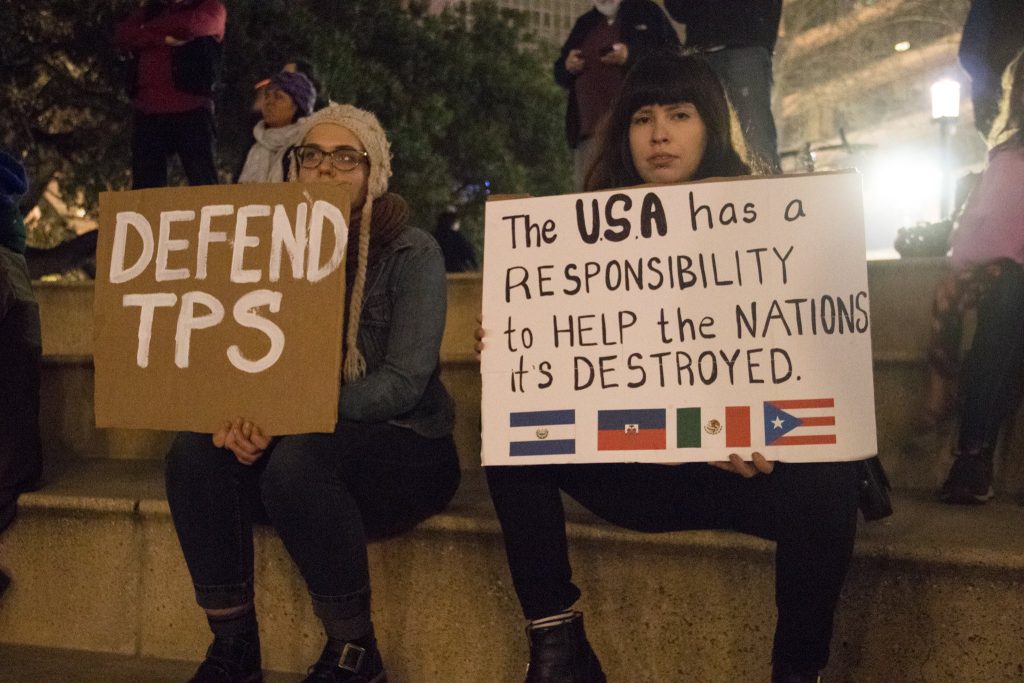
Since Aristide’s removal, the United States, France, and the United Nations’ Stabilization Mission in Haiti have played a large role in the nation’s political affairs. In 2019, Congress passed the Global Fragility Act (GFA) as a policy to justify future invasions and occupations in the name of preventing Russia and China from extending their influence.
The first nation to be selected for intervention was Haiti. This choice was made to prevent Haiti from establishing diplomatic ties with China and Russia and therefore preventing their access to Haiti’s natural resources. A notable endorser of the GFA was Georges Fauriol, a senior associate for the Center for Strategic and International Studies and one of the IRI strategists who had helped overthrow President Jean-Bertrand Aristide in 2004.
The GFA comes with a ten-year plan where U.S. government agencies work “in a more strategic, unified, and locally-led fashion to address the underlying causes of conflict and insecurity while working with partners to prevent or mitigate the impact of future crises.” Exacerbating the “need” for intervention was the assassination of then-president Jovenel Moïse in July of 2021 and a devastating hurricane one month later.
The Biden Administration pledged that the GFA will use the United Nations and “other multilateral organizations” to carry out its missions. With that, the United States and Ecuador introduced a U.N. resolution for a multinational force in Haiti that was approved placing Kenya at the lead. The Core Group of ambassadors designated by the United Nations (from the United States, France, Canada, Germany, Brazil, Spain, and the European Union) declared Ariel Henry the new Prime Minister and leader of the nation, although an interim prime minister was already in place leading the country. Henry’s tenure, considered corrupt by most Haitians, ended in 2024 with his resignation at the behest of armed gangs who threatened civil war had he remained.
The current chaos in Haiti is blamed on a succession of poorly managed governments that have engaged in political corruption and economic mismanagement, and thus failed to provide Haitians with essential services. Mainstream media in the United States reinforce this narrative with pictures and videos on their platforms of gang violence, poverty, and a beleaguered police force.
But the chaos is the fault of the United States, France, and the rest of the international community—whom Henry called upon as soon as he came to power. Paramilitary gang violence painted as the root of the instability can be traced back to the Duvalier era. The gangs today are sustained by the interests of a small political and economic elite in Haiti, which are connected to foreign interests.
Since Haiti sought to establish itself, Western powers have worked to not only exploit the country but paralyze it from becoming a sustainable power. Because of the impact of the double debt, the United States can justify its interventions due to the conditions of the country—which are a direct result of money and resources fleeced by France. But the language used ignores this double debt.
The truth is that Haiti’s recent succession of leaders—Latortue, Martelly, Moïse, and Henry—were all approved or directly selected by the U.S. government; that Haiti is under a twenty-year occupation by the United States and the international community; and that it doesn’t look like it’s going to change. Intervention has only incapacitated Haiti and more intervention will do the same.
When Aristide made the call for reparations from the French in 2003, in attendance was the French ambassador to Haiti at the time, Yves Gaudeul. Speaking at the time, Gauduel admitted that France was “very disdainful of Haiti.” He continued, “What I think we will never forgive Haiti for, deep down, is that it is the country that beat us.” What Gaudeul left out was that Haiti was Black and that in the West, Black people defeating the white power structure is unforgivable.
The history of Haiti since is a history of the West never forgiving and never forgetting. My former friend believed that the Haitians were punished for their sins by the creator. When is the time the French and U.S. are held accountable for theirs against Haiti?
***
The main body of this article originally appeared in The Progressive, May 25, 2024 and is reprinted with their kind permission.
Since 1909, The Progressive has aimed to amplify voices of dissent and those under-represented in the mainstream, with a goal of championing grassroots progressive politics. Their bedrock values are nonviolence and freedom of speech.



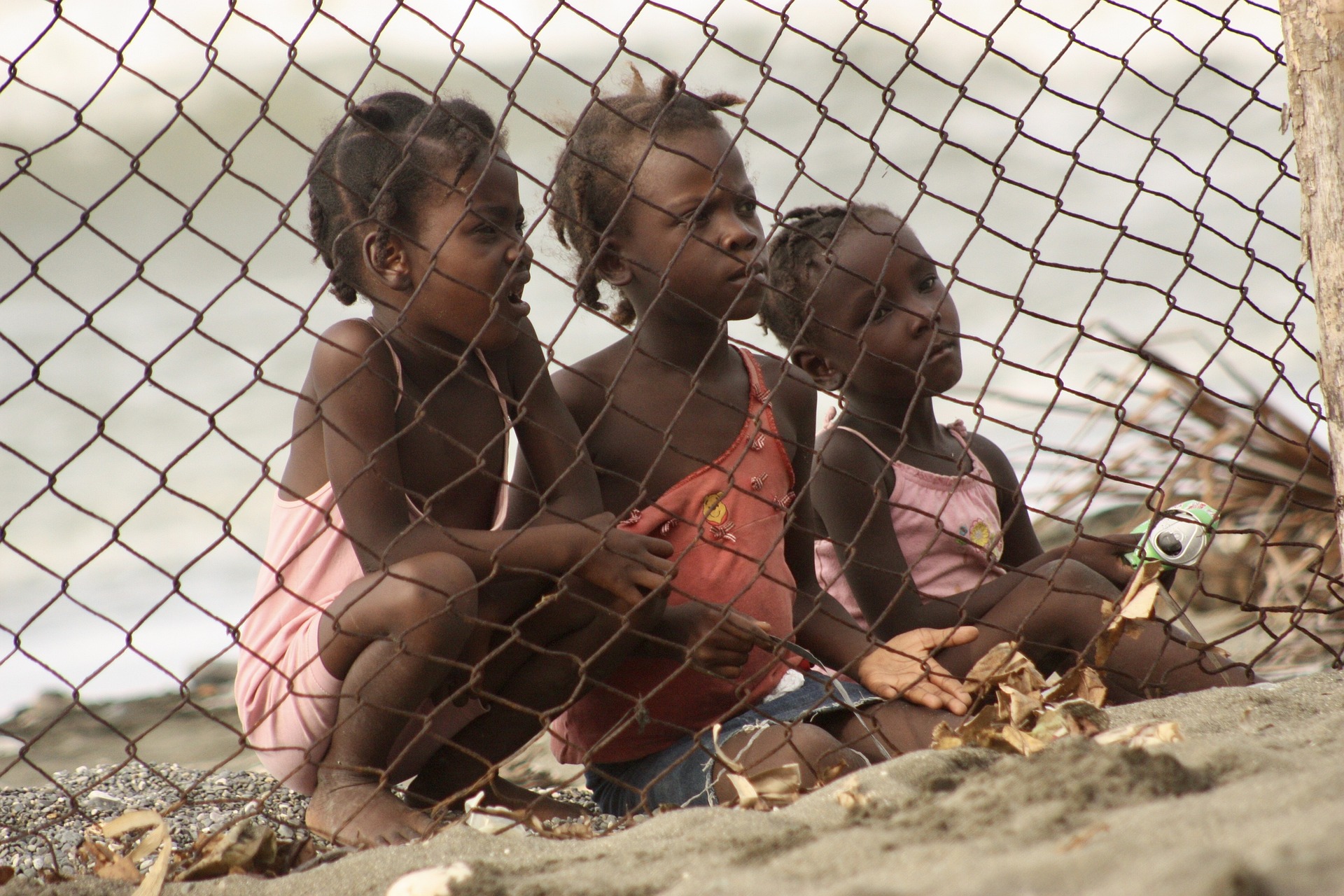
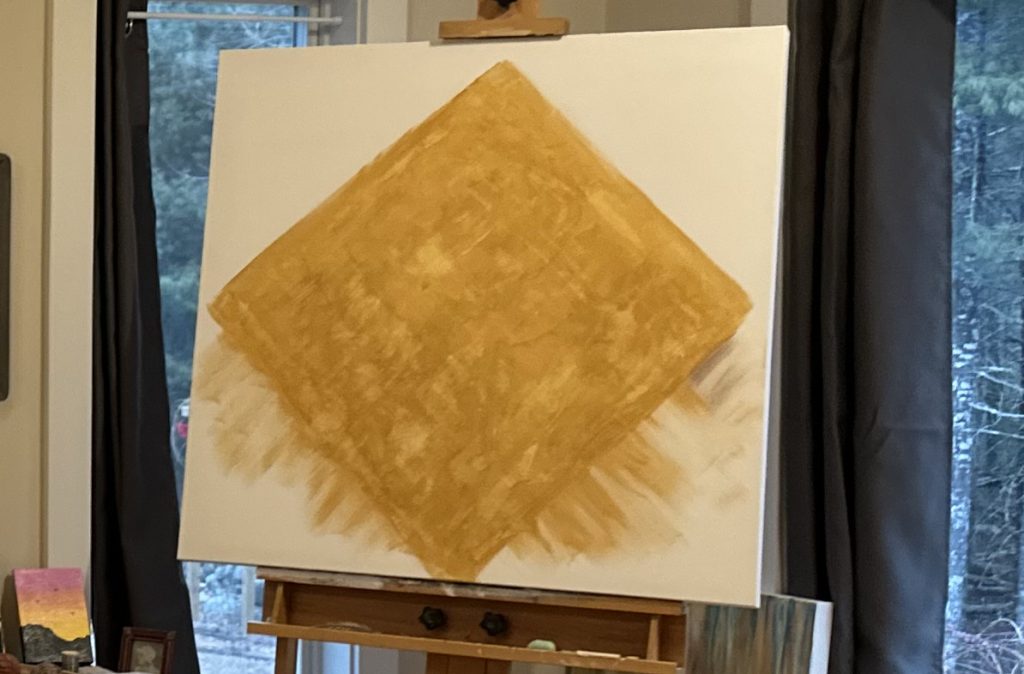
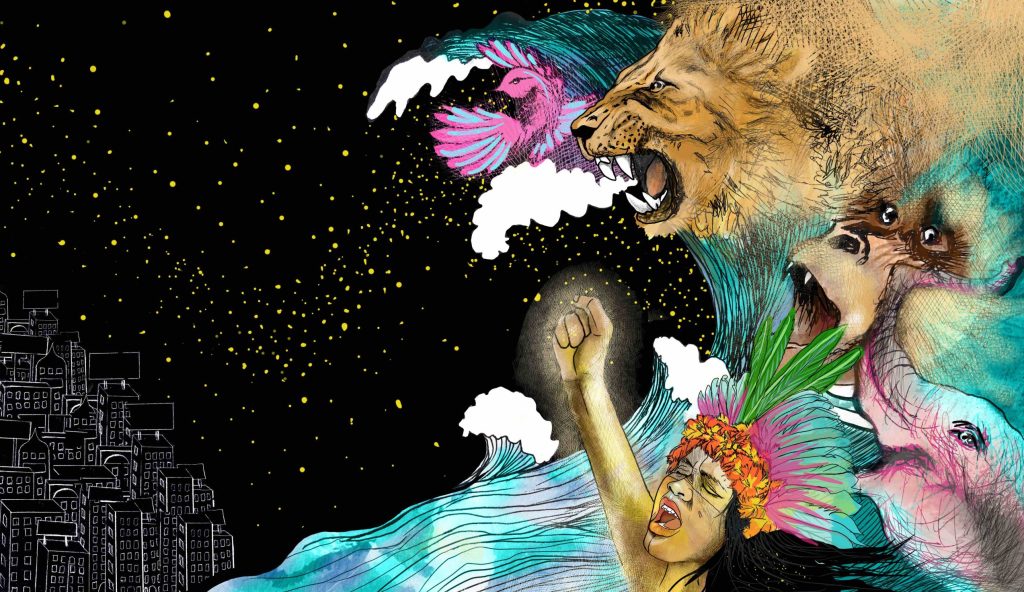
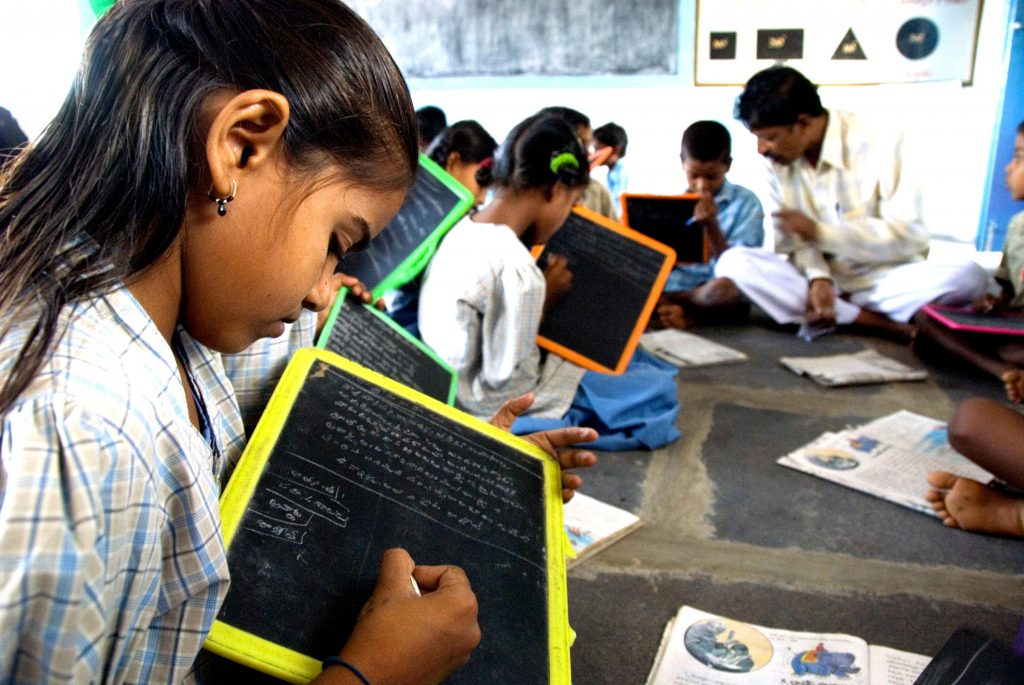

Thank you for this clear, concise and compelling overview of t
he situation in Haiti. It increased my understanding.